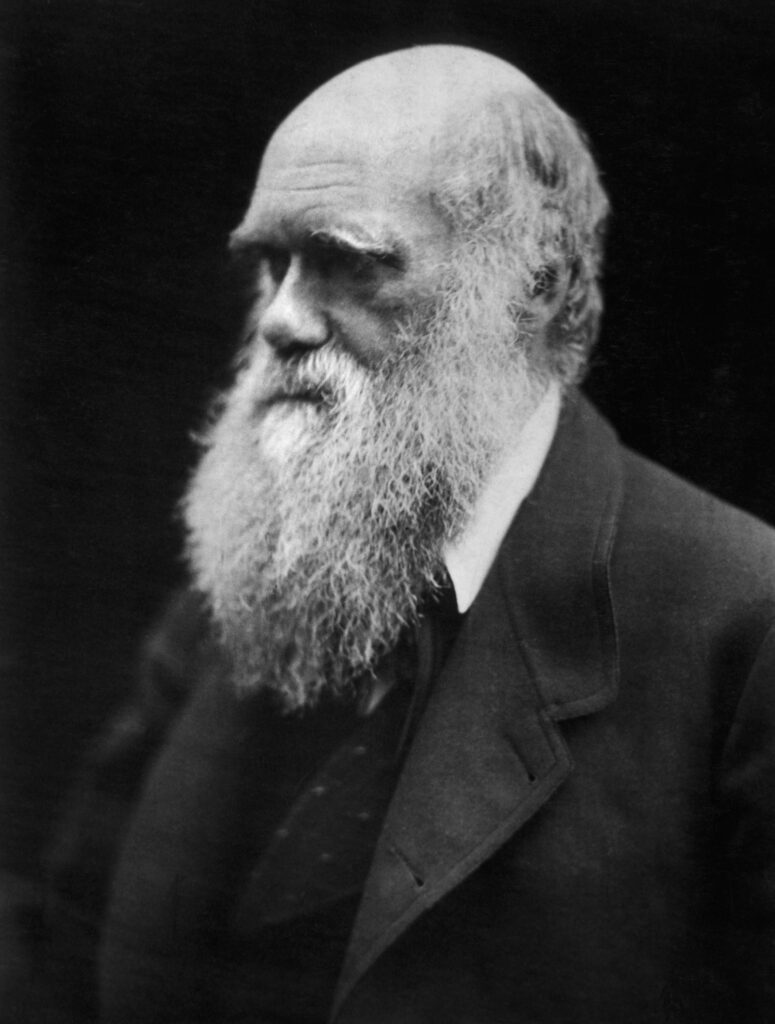
Darwin Day is an annual celebration of the life and achievements of the naturalist Charles Darwin. It is observed on February 12th, the anniversary of Darwin’s birth, and is a day to reflect on the importance of his work and its impact on the world.
Darwin is best known for his theory of evolution by natural selection, which he first presented in his 1859 book “On the Origin of Species”. In this work, Darwin proposed that species evolve over time through the process of natural selection, where the fittest individuals are more likely to survive and reproduce.
This theory revolutionized our understanding of the natural world and had a profound impact on science and society. Today, Darwin’s ideas are widely accepted and form the foundation of the modern understanding of biology and evolution.
To celebrate Darwin Day, many organizations and individuals host events and activities that promote science education and appreciation of the natural world. These can include lectures, workshops, and educational programs for children. Some events also feature exhibitions and displays of Darwin’s work and manuscripts.
In addition, many scientists, educators, and advocates use Darwin Day as an opportunity to promote science literacy and advocacy for science-based policies. They argue that understanding science and the natural world is crucial for making informed decisions about issues such as climate change, public health, and the environment.
Darwin Day is a chance to celebrate the legacy of Charles Darwin and to reflect on the importance of scientific inquiry and understanding of the natural world.













